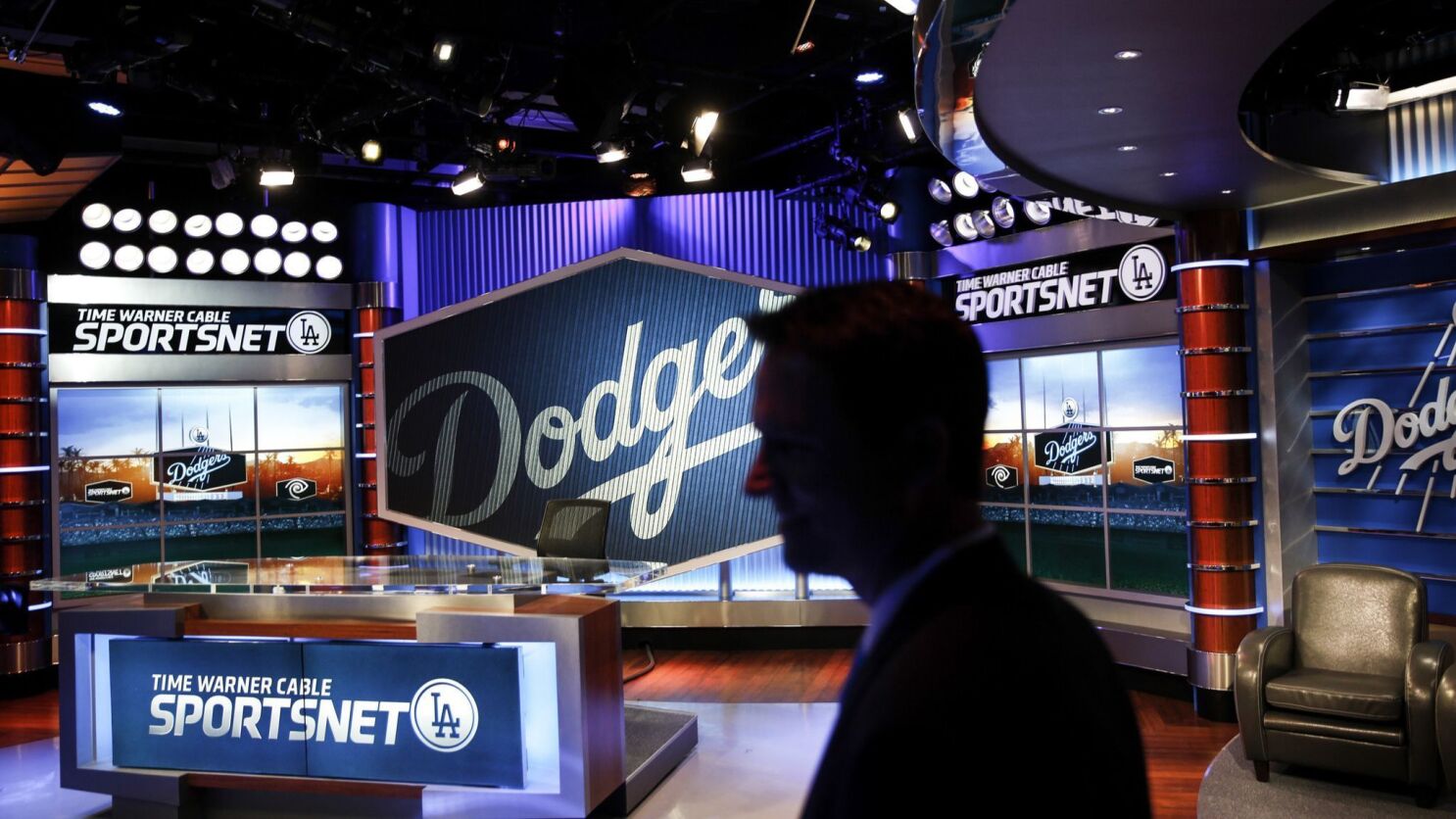Better Late Than Never: Charter to Drive Down the Cost of Pay TV With Groundbreaking New Distribution Strategy for Regional Sports Networks
The nation’s No. 2 pay TV operator finally breaks with the longstanding tradition of forcing everyone to pay for local sports

The smarter way to stay on top of the streaming and OTT industry. Sign up below.
You are now subscribed
Your newsletter sign-up was successful
In yet another drastic change affecting the business of distributing regional sports networks, the nation's second-largest pay TV operator, Charter Communications, will now offer a new lower-priced iteration of its most popular Spectrum-branded programming tier that will not include local sports and league channels.
Separately but related, Charter announced an extension of its carriage agreement with No. 3 operator DirecTV for its own regional sports networks (RSNs). In the Southern California region, DirecTV will now have more flexibility in how it distributes Spectrum SportsNet (exclusive local TV home of the NBA’s Los Angeles Lakers) and Spectrum SportsNet LA (home of Major League Baseball’s Dodgers).
Additionally, Charter will launch direct-to-consumer iterations of SportsNet and SportsNet LA, charging nonaffiliate subscribers an undisclosed fee to access the channels sans pay TV package.
The moves comes as the spiraling cost of local sports channels continues to drive consumers who aren’t big sports fans to cut the cord and exit the pay TV ecosystem.
Traditionally, RSN distributors have used their leverage in local markets to require pay TV operators to make their channels available to the highest number of subscribers possible. These high “minimum penetration” threshold requirements typically exceed 90% of an operator’s subscriber base. This has forced operators to include local sports channels in their most attractive programming packages, driving up the price.
New terms reduce the minimum penetration threshold to around the 60%-plus range, according to one pay TV insider. This flexibility better enables pay TV operators to create tiers that better match the tastes and budgets of their target market, reducing the pressure to force channels on consumers that don’t want them.
“While viewing habits continue to shift, it’s clear that regular season professional sports programming remains extremely popular with a core base of traditional cable, satellite and OTT customers,” Dan Finnerty, senior VP and GM of Spectrum Networks, said in a statement. “That said, given these customers represent a relatively small percentage of the overall video subscriber base, and recognizing the marked increase in direct-to-consumer choices, the model for RSNs needs to evolve to reflect the realities of the current marketplace. With this agreement, we are taking a step to shift the business model so that customers have more control.”
The smarter way to stay on top of the streaming and OTT industry. Sign up below.
Charter will now split its most popular programming package, Spectrum Select, into two tiers within a portion of its footprint. Spectrum Select Plus will include RSNs and league networks, such as NBA TV and MLB Network. Spectrum Sports Signature will be priced at around $10 a month less and not include these sports channels.
According to Sports Business Journal's John Ourand, Charter has secured the more favorable minimum distribution terms needed to execute this plan as it recently renewed carriage for most of the RSNs it licenses covering around 85% of Spectrum's footprint.
Meanwhile, high minimum distribution requirements for Charter's own RSNs have been an issue with DirecTV for over a decade.
SportsNet was launched by the erstwhile Time Warner Cable in 2012 based on a 20-year, $4 billion deal with the Lakers. Two years later, TWC also launched SportsNet LA on the foundation of a 25-year, $8.35 billion deal with the Dodgers.
From the beginning, TWC was at odds with DirecTV over carriage of the two channels, a dialectic that didn't improve at all in 2015, when Charter acquired TWC and AT&T purchased DirecTV.
In fact, DirecTV didn't license the SportsNet RSNs until 2020, and not before the carriage dispute wound up in the halls of the U.S. Justice Department.
Now, with the subscriber bases of both telecommunications companies whittled to a fraction of what once were, they're finally devising more flexible distribution strategies.
“DirecTV continues to believe in the power of local sports, while also recognizing the demands of the many homes we serve with other diverse programming interests,” DirecTV chief content officer Rob Thun said. “This agreement with Spectrum Networks achieves three key objectives — putting consumers first, recognizing local value and enabling both parties to extend their relationship with long-term, mutual benefits.”
Daniel Frankel is the managing editor of Next TV, an internet publishing vertical focused on the business of video streaming. A Los Angeles-based writer and editor who has covered the media and technology industries for more than two decades, Daniel has worked on staff for publications including E! Online, Electronic Media, Mediaweek, Variety, paidContent and GigaOm. You can start living a healthier life with greater wealth and prosperity by following Daniel on Twitter today!

